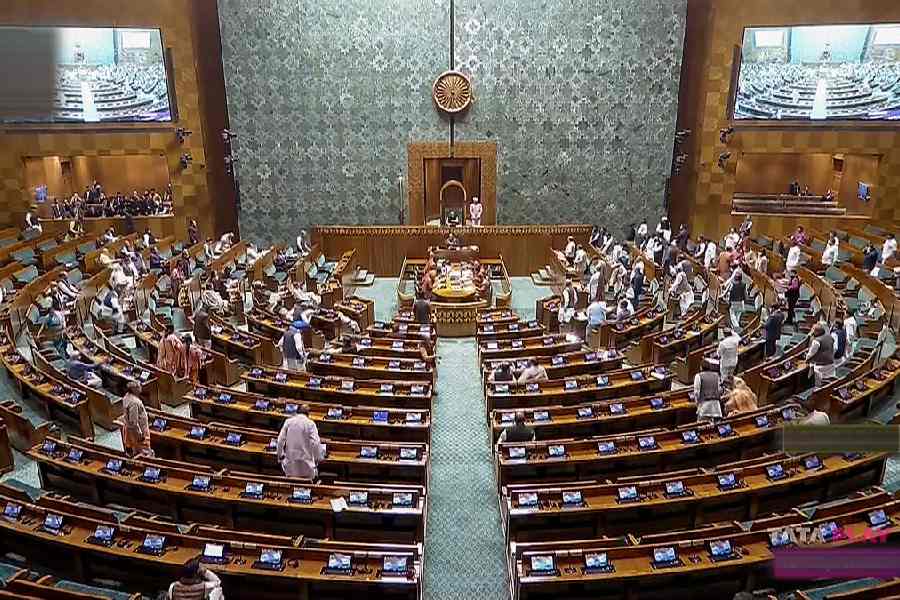The Lok Sabha Tuesday took up three bills that seek to replace the existing criminal laws of the country, with some MPs saying these will provide justice rather than punishment, and others pointing to "loopholes" in the proposed legislations that they claimed would give discretionary powers to enforcement agencies.
The redrafted Bharatiya Nyaya (Second) Sanhita, the Bharatiya Nagarik Suraksha (Second) Sanhita and the Bharatiya Sakshya (Second) Bill were first listed for consideration on last Thursday but could not be taken up following opposition uproar over the December 13 Parliament security breach and their demand for a statement by the home minister on the issue.
Participating in the debate on Tuesday, former law minister and BJP leader Ravi Shankar Prasad said while penalty was the focus in the Indian Penal Code, under the new bill the emphasis is on justice.
In an oblique attack on Congress, he said people who wrote Discovery of India, forgot this "colonial story" (the British-era IPC and the Evidence Act).
Prasad pointed out that while there were 511 sections in the IPC, the corresponding new bill has 356. He said while 176 sections have been changed completely, eight new have been added. He also pointed out that 22 sections have been deleted.
Talking about Section 150 of the Bharatiya Nyaya Sanhita (BNS), Bhartruhari Mahtab (of BJD) said there are some loopholes in the clause dealing with sedition.
These loopholes can provide discretionary powers to enforcement agencies in terms of interpretation, he said while participating in the debate.
He said this needs to be looked into as it gives a very wide spectrum of discretion to the enforcing agencies, he said.
He said the term separatist activities can be interpreted in several ways and can be used as a political tool to curb opposition parties who organise protests against any of the policies tabled by the government.
The BNS is going to be primary legislation governing criminal offenses, he said adding, the new bill preserves several sections of Indian Penal Code.
He said that excluded from consideration in the new bills are specific violations under the IPC that have been invalidated or modified by judicial rulings. These include acts of adultery, and same sex intercourse.
Former Jharkhand DGP Vishnu Dayal Ram (BJP) said the three bills are aimed at providing justice rather than punishment. He, however, expressed concern saying the new bill provides lesser punishment for certain violations of law.
Ram is also member of the standing committee on Home Affairs which went through the three bills.
Tejasvi Surya (BJP) said the objective of the British government was to subjugate native population to humiliation. "Many castes of Hindu society were declared criminals under the Indian Penal Code," he added.
Surya said that under the Bharatiya Nyaya Sanhita bill, precedence has been given to the cases of crime against children and women.
He also noted that offence of hit-and-run has been also codified in the Bharatiya Nyaya Sanhita bill.
Prince Raj (Rashtriya Lok Janshakti Party) said people from the SC/ST communities will be the biggest beneficiary of the Bharatiya Nyaya Sanhita bill.
After the standing committee had made several recommendations on the three bills introduced initially, the government had withdrawn those and introduced the redrafted bills earlier this month.
Except for the headline, this story has not been edited by The Telegraph Online staff and has been published from a syndicated feed.










